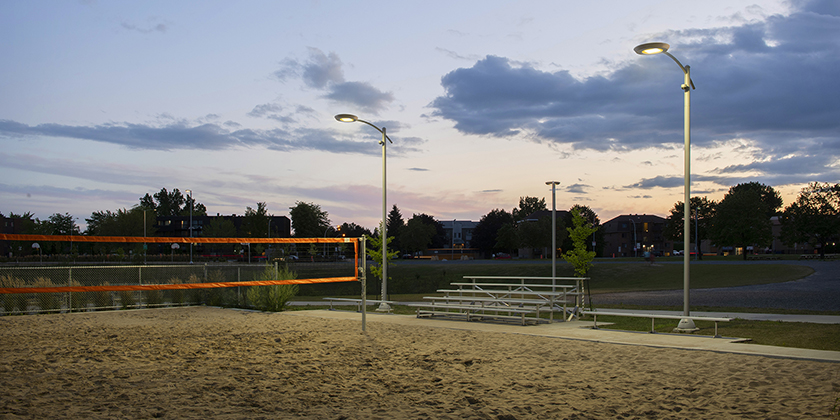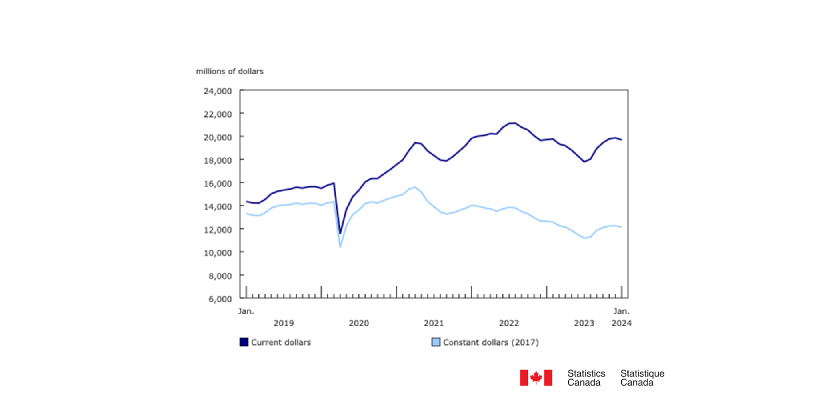Canada and U.K. Launch $20-Million Challenge to Develop Smart Energy Systems of the Future

Oct 29, 2018
The 30-month transatlantic competition challenges Canadian and British innovators to create new technology solutions to transform our traditional power grids into smart energy systems.
The Power Forward Challenge responds to the ever-growing need for smart energy systems that can integrate renewable energy and support increasing demands on our electricity grids — driving electric vehicles, relying on smart devices, using energy storage systems — while helping mitigate the effects of unexpected outages caused by weather events or otherwise.
It will award six teams up to $3 million to demonstrate solutions that can best integrate diverse energy resources into the existing grid in the most flexible, reliable and secure way. The team with the highest-performing technology will be awarded an additional $1 million. Each team must include both Canadian and British innovators.
Natural Resources Canada and the Department of Business, Energy and Industrial Strategy (BEIS) in the United Kingdom are each putting forward $10 million for the Challenge. This initiative will help to link clean technology companies in Canada and the U.K., create new economic opportunities for innovators in both countries and support competitiveness for smart grid technologies to 2030 and beyond.
The Power Forward Challenge is the third of five clean technology challenges under Natural Resources Canada’s Cleantech Impact program, part of Impact Canada. Cleantech Impact will invest $75 million over four years in the five challenges.
The competition is open to
• small and medium sized businesses
• other for-profit and not-for-profit organizations
• indigenous organizations and groups
• post secondary/academic institutions
Deadline to apply for financial support: December 17, 2019. Find out more: https://impact.canada.ca/en/challenges/power-forward










![Guide to the Canadian Electrical Code, Part 1[i], 26th Edition – A Road Map: Section 10 – Grounding and Bonding](https://electricalindustry.ca/wp-content/uploads/2022/11/Guide-CE-Code-2.png)





